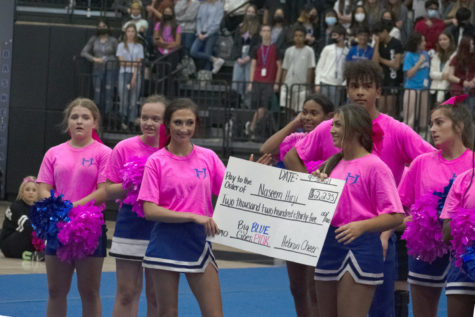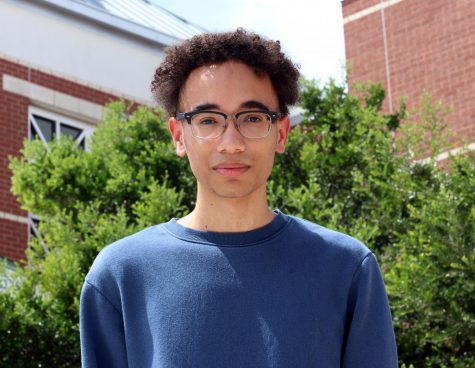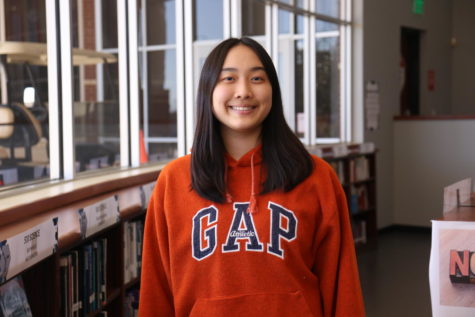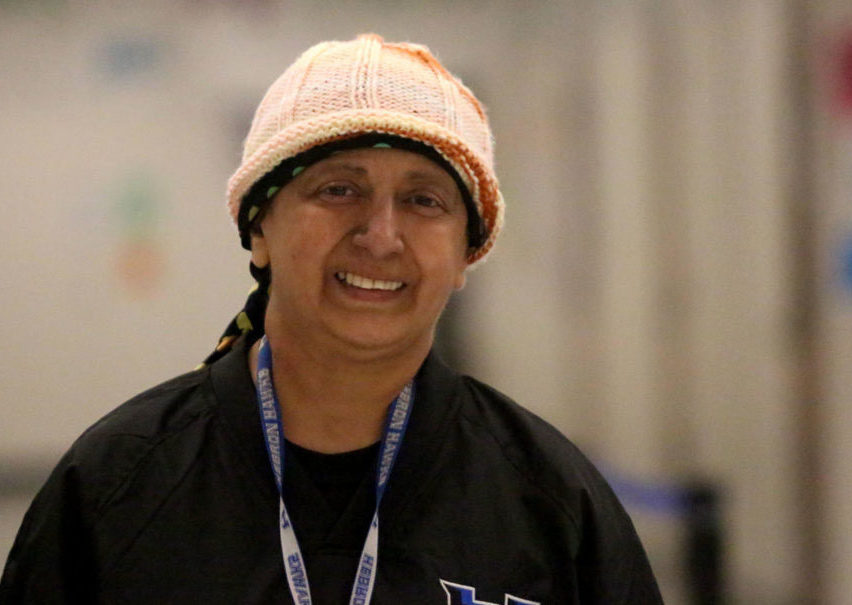Tackling cancer
ESL aide Naseem Hirji was diagnosed with breast cancer for a second time in August, and has been receiving treatment since
ESL aide Naseem Hirji was diagnosed with breast cancer in August, and has been receiving treatment since.
When ESL aide Naseem Hirji visited the doctor for a regular checkup before her long-awaited summer vacation to South Africa, she had no idea her life would be turned upside down — again. Ten years ago, she suffered a seven-month battle against breast cancer, but she never expected to hear her doctor tell her that she had it once again.
Hirji was diagnosed with HER 2 Positive breast cancer in August, a type which occurs when the protein HER2 is present. This protein promotes the growth of cancerous cells, and its presence often signifies a more aggressive form of breast cancer.
Following her checkup, Hirji’s doctor told her he suspected something was wrong, and she immediately got a sonogram and biopsy, which determined her breast cancer had recurred.
“I went for a regular checkup and they told me the images were not right,” Hirji said. “When the doctor told me I needed to get a sonogram and biopsy, I had a feeling I might have breast cancer again. I still thought I was done with cancer [though], so I was surprised when I received the diagnosis.”
Hirji decided to still go on her trip afterward, because she had already bought the tickets and was looking forward to her vacation, but she stayed in constant contact with her oncologist and got a second opinion in South Africa.
“The results came back right before my trip,” Hirji said “I still decided to go, but had a phone call with my oncologist and established my treatment plan. I then got a second opinion in South Africa, and they also confirmed I had breast cancer.”
Hirji said last time she was diagnosed with hormonal base breast cancer, a type which occurs when estrogen and progesterone attach to cancer cell receptors and fuel the cancer’s growth.
“There are many different types of cancers,” Hirji said. “Because of that, the treatment and medication [the second time around] was different.”
As part of her treatment, which started in August, Hirji travels to Texas Oncology to receive her chemotherapy treatment every three weeks. The sessions last 3-4 hours, and she either sleeps or socializes with other patients during treatment.
“I wasn’t looking forward to [going through treatment again,]” Hirji said. “I knew God was there to help me though, which comforted me in fighting to overcome [my diagnosis].”
Hirji said the hardest part about being diagnosed with cancer is the side effects, such as her bones becoming weaker as a result of the medication she needed to take ten years ago. She said the thought of having to go through more side effects this time gave her a sense of hopelessness.
“Once the chemicals are in your body, you always have some side effects,” Hirji said. “I battled many side effects for a couple of years after [my last diagnosis], such as my bones becoming brittle from Exemestane, a medication I had to take. I had to get Prolia shots twice a week to strengthen my bones. With the new diagnosis, it [was] like it was never-ending.”

To help with the financial burden of chemotherapy treatments and medication, Hirji received a $2,235 check from the school during October, which is breast cancer awareness month.
“I thought it was very thoughtful and generous,” Hirji said. “The fact that the school thought about me made me happy, and the money was very useful for expenses.”
Hebron has been raising money for people diagnosed with breast cancer through the “Big Blue Goes Pink” pep rally since 2006. After two cheer mothers were diagnosed with breast cancer, cheer came up with the idea to raise funds to support patients. The money either goes to Susan G. Komen’s breast cancer research or to a more direct cause, such as Hirji’s.
“Being able to donate money directly to a good cause is very impactful,” head cheer coach Courtney Jackson said. “I feel it’s very important that the money raised benefits people [who] students and staff know.”
Jackson said Hirji was at the forefront of her mind this year because she knew she was currently going through treatment. This year, the cheer team raised the most money ever and completely sold out of shirts for the first time.
“I knew [her cancer] was directly affecting her day-to-day life at school,” Jackson said. “We wanted to help alleviate her concerns, especially financial ones.”
Despite the challenges, one of Hirji’s greatest takeaways from battling cancer has been changing her outlook on life.
“Before, I thought about reconnecting with people and doing certain things, but I always thought I had time to do so,” Hirji said. “Because of my battle with cancer, however, I feel like I have to do things now because tomorrow may not be waiting for me. [Cancer has] taught me to take one step at a time and enjoy every day.”

Senior Ian Wright is the opinion section editor and this is his second year on staff. He enjoys listening to music, traveling to new places, watching Netflix...

Senior Hyunsol Lim is the web editor and this is her second year on staff. She enjoys going to cafes, painting, watching old movies and listening to jazz...




